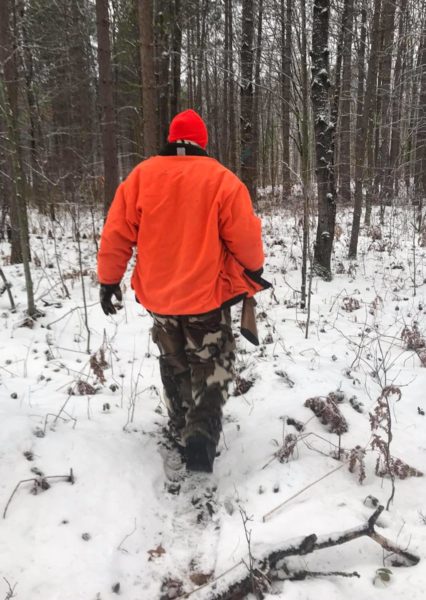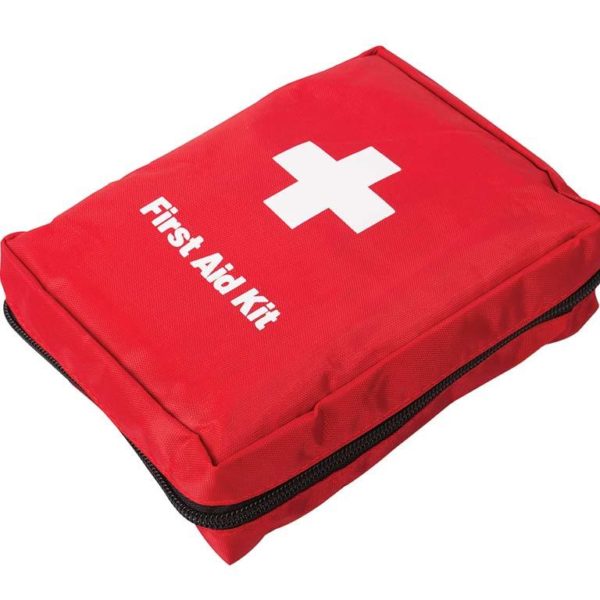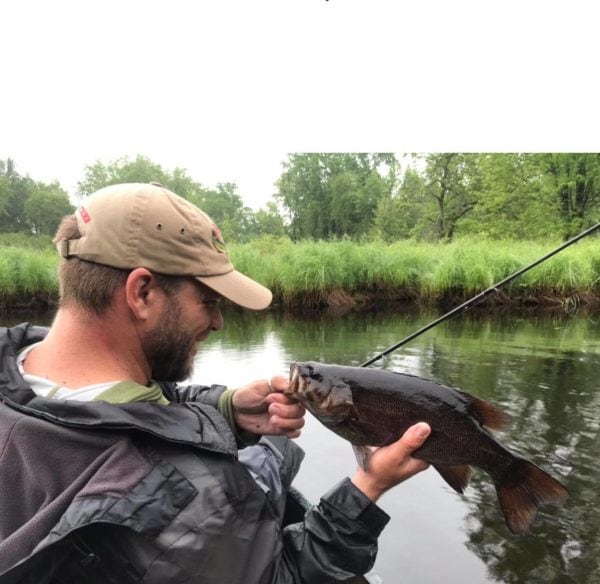Ten Modern Classic Hunting and Fishing Tips
Category: article
Apr 28th, 2021 by Keith Worrall
Modified Apr 28th, 2021 at 8:55 AM
Ten Modern Classic Hunting and Fishing Tips
The world of hunting and fishing seems to be completely the opposite. Pursuit in the first; waiting in the second. Gun barrel versus fishing rod.
Yet, these two worlds have a lot in common: they are both outdoor activities, which require a certain skill in hiking and in DIY.
Those are noble activities, which do not always end with the capture of the animal and which in principle are dedicated to the enjoyment of nature.
Both the hunter and the fisherman are two sportsmen who have great respect for nature in which they hunt or fish. But if you are here, you already know this.
In this article, we want to help you connect these two worlds through advice that will be useful both in one case and in the other.
We will see what are the points in common in the preparation of your equipment; what we must remember to always take with us and what we absolutely must not do.

Equipment
1) Comfortable boots for long walks
If you are planning a hunting or fishing trip, you still need to think about comfortable footwear.
It may happen that you are walking for long distances, and a good hiking shoe or a suitable hunting boot can really make a difference in terms of comfort and safety.
2) Technical clothing that keeps us dry and warm
Both hunting and fishing have in common that they require to wake up very early in the morning. Therefore, you often find yourself leaving even before dawn when the sun has not yet risen and consequently it is very cold.
Then it is important that under your normal clothing for your activity, you also wear thermal shirts and tights, which will not only protect you from the cold but will also keep you dry in case of sweat.
3) Backpacks/bags suitable for the type of walk
It is not usual to carry a backpack or a bag, whether in fishing or hunting (usually a base camp is established to store all your excess equipment).
But if this happens to you, it’s best to be prepared and consider a suitable backpack.
Depending on the route you are going to do, the activity, and the necessary equipment, choose a more or less capacious backpack.
In any case, however, choose a backpack that is waterproof, that has an ergonomic shape (preferably with support straps), and above all that has padded back and shoulder straps.

4) Polarized sunglasses
Polarized sunglasses are very important in our business, whether hunting or fishing.
Both sports require a long concentration of sight. So, whether you have to keep your eyes turned upwards, or whether you have to sit by the lake with the sun’s glare on the water, you should protect yourself with a pair of polarized sunglasses.
These will in fact protect your eyes from the annoying glare.
5) Extra camping accessories
To make the most out of these excursions in nature, you could also think about taking some extra accessories.
For example, if you want to enjoy a nice lunch cooked on the fire, think of tools for cooking food on the grill, such as pans and portable dishes.
To stay comfortable and rest, you can also think about taking a portable and folding stool with you.
Practical advice
In addition to the equipment, we must also think about all the practical aspects such as safety and licenses. Let’s see.
6) Licenses
First, check that your hunting or fishing licenses are still valid and that you have paid all the required fees.
The alternative is to find yourself paying a hefty fine to a forest ranger.
7) Go in a group
This advice seems obvious. Yet not all hunters and fishermen think about organizing a group outing.
Instead, you should consider the idea of organizing a party. First, because you will have more fun; second because you could help each other if one of you were in trouble or in a dangerous situation.
8) Choose known areas
To avoid unpleasant situations, try to choose areas that you know well and where you will hardly get lost.
Whether you are hunting prey or you are entering a path to reach an unknown pond to fish in peace, always try to read up on the place of your trip.

9) Take care with an emergency kit
As always, try to also think about safety and prevention.
For this reason, also prepare a small first aid kit with disinfectant wipes, patches, a spray for insect bites.
10) Tell someone
If possible, always carry your mobile phone with you: you may need to call emergency numbers.
In any case, before leaving, we always notify someone, specifying the exact place where we will go fishing.
We hope this guide has been useful to you and good hunting or fishing.
